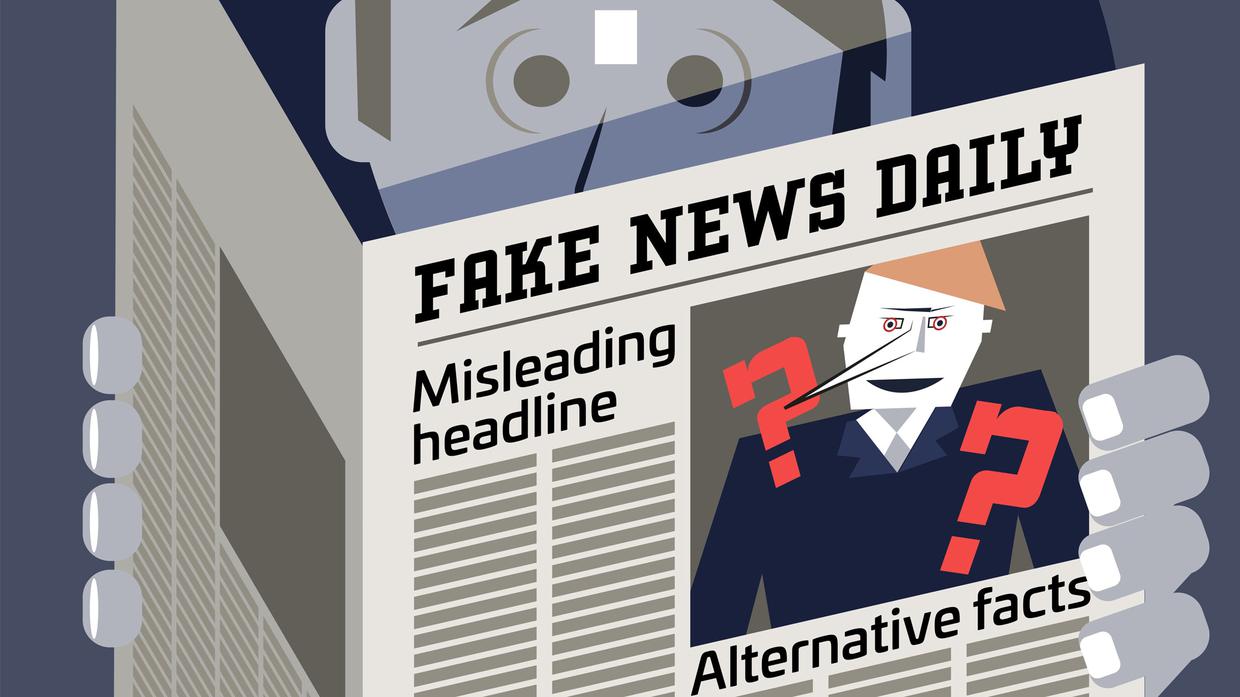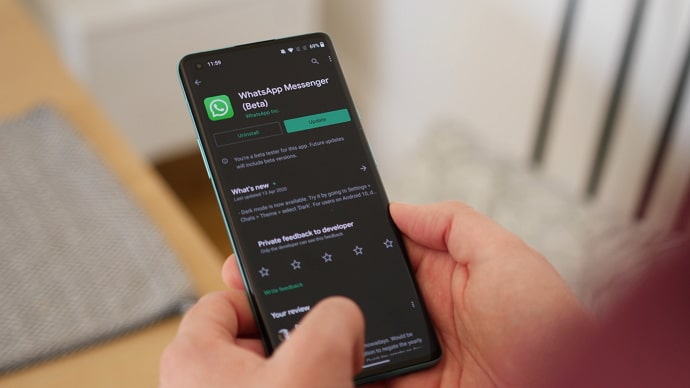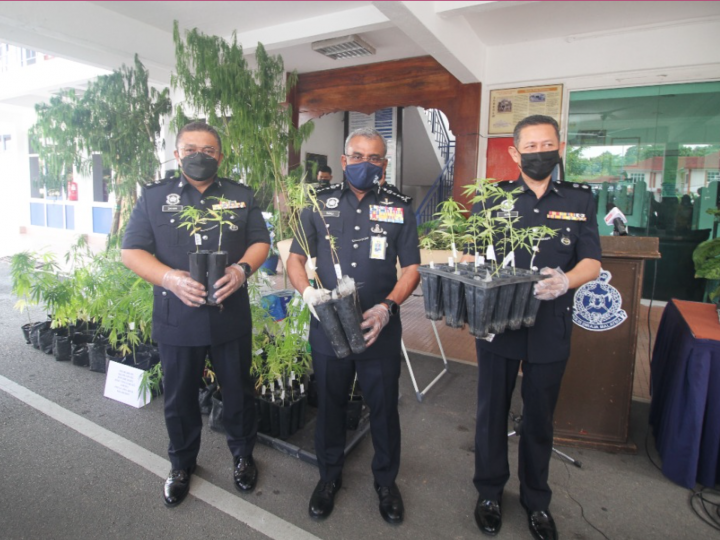Survey Reveals 74% of Malaysians Do Not Believe in the Government and the Media
 Thirsty for JUICE content? Quench your cravings on our Instagram, TikTok and WhatsApp
Thirsty for JUICE content? Quench your cravings on our Instagram, TikTok and WhatsApp

Majority of Malaysians believe that the media and the government are working collectively to manipulate current happenings in the country.
According to the 2022 Edelman Trust Barometer research, Malaysians are more concerned that fake news and deceptive information are being misused against them.
The poll also discovered that Malaysian journalists and reporters have lost trust, with of survey respondents fearing that media practitioners are propagating misinformation or dramatically distorting the substance of their stories.
The study indicated that many people have seen the government and the media as a source of mistrust in society rather than a source of unity.

“Distrust is now the default for citizens around the globe. In Malaysia, six in 10 have said that their default tendency is to distrust something until they have solid proof that it is trustworthy,” said Christopher de Cruz, group director of Edelman Malaysia.
But, if Malaysians do not trust the government or the media, who do they turn to for accurate news?
When the pandemic first hit Malaysia, we saw an increase in fake news circulating online.
These false news stories were circulated on WhatsApp with the intent of instilling panic and creating an anti-government narrative, with some even suggesting the Covid-19 vaccination was illuminati propaganda.

Malaysians generally believe that the media exaggerates, but WhatsApp chain messages alleging that the government can monitor your activities via the Covid-19 vaccination do not seem to be unduly dramatic.
False news spread so swiftly and violently that the government and police had to track down and punish those responsible.
None of these fake news derived from the media.

The media sorely needs a new strategy to regain Malaysians’ confidence, and one way to do it is to use the enemy’s own tactics.
Authentic and unbiased news may be delivered through WhatsApp chain messages but cannot be presented in a conventional media way.
Instead of delivering the news in a formal setting, the media needs to cater towards makcik bawang who is the common victim of false news.
It only seems natural for the media, like any other sector, to evolve with the times, and moving to platforms like WhatsApp or Facebook seems to be the greatest way for them to restore confidence and trustworthiness.
People are considerably more likely to believe a text that is relevant to them than a protracted news piece that snoozes them.
At the end of the day, real people want real news.


 Get Audio+
Get Audio+ Hot FM
Hot FM Kool 101
Kool 101 Eight FM
Eight FM Fly FM
Fly FM Molek FM
Molek FM

